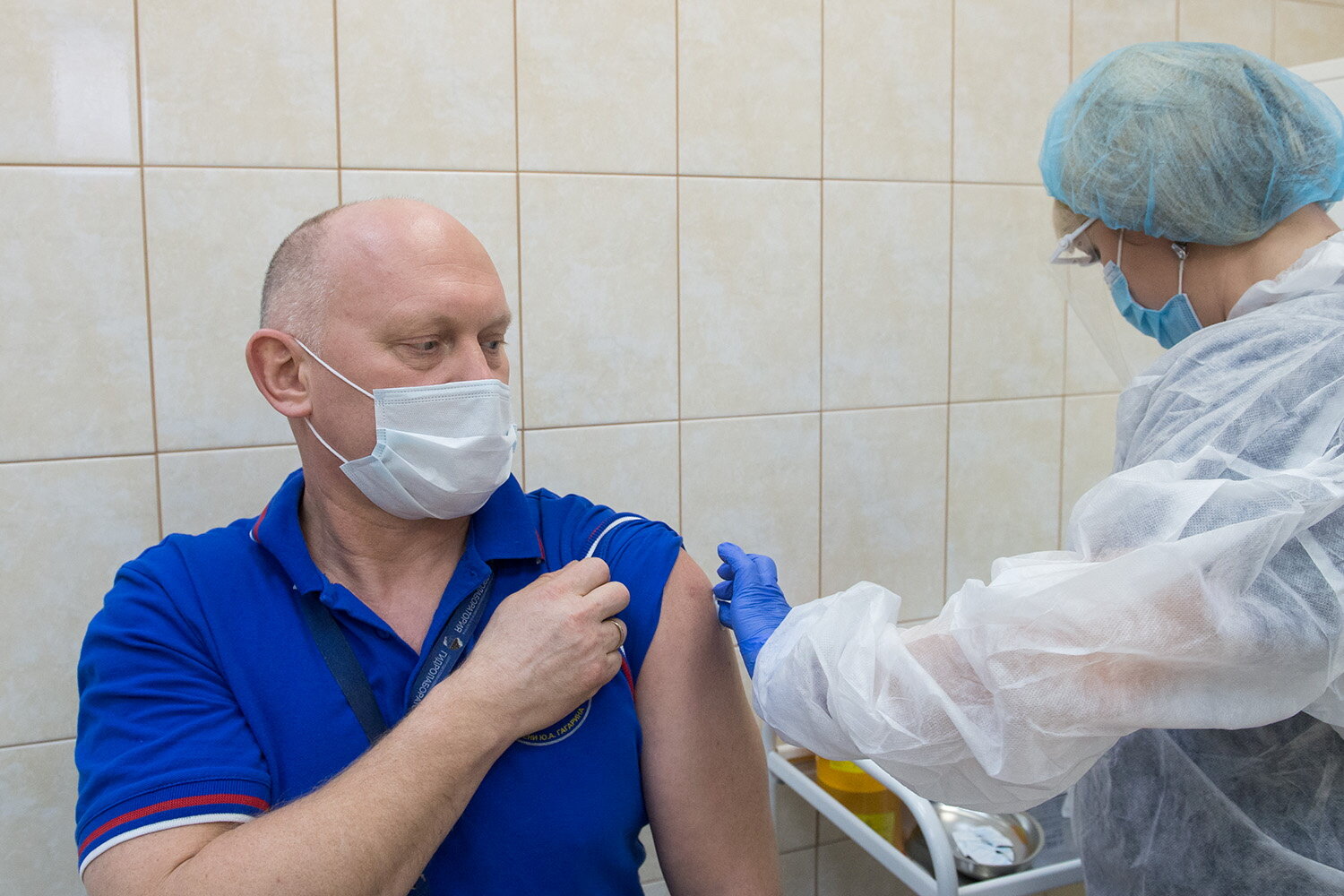
Studies Detail Which Beliefs Are Fueling The US Vaccine Problem
A pair of studies from sociologists with West Virginia University dive into some of the biggest factors that triggered US vaccine problems, including their efficacy and skepticism rejection of their safety. Not surprisingly, one of the studies found that the factors that drove skeptics associated with the Covid-19 and Pandemic virus were also related to broader skepticism of other aspects of science, including everything from evolution to climate change.
This is what makes Japan’s futuristic city so smart
As far as Covid-19 general skepticism runs, one of the studies found that the person who questioned science behind Pandemi was also the possibility of skepticism in science in general, although there was something a little extra about pandemic that exceeded other topics such as changing climate.
This, said the researchers, perhaps because of the great politicization of policies around Pandemic, with political conservative beliefs that function as “pretty consistent predictors” for skepticism. Younger people are found more likely than older adults to express skepticism about pandemics as well.
Interestingly, skepticism of evolution is less extensive and is more isolated for people who live in southern United States. Skepticism of science, in general, decreases with a greater level of education. What stands out seems to be a problem of Christian nationalism, which is defined differently from the broader Protestant Evangelical category.
Christian nationalism, which includes things like the belief that Americans are uniquely protected by God, are one of the biggest indicators related to the negative view of the Covid-19 vaccine and doubts about getting it. The researchers showed that this group was more likely to encourage back the steps of public health in the name of personal freedom, including rejecting vaccines.



Average Rating